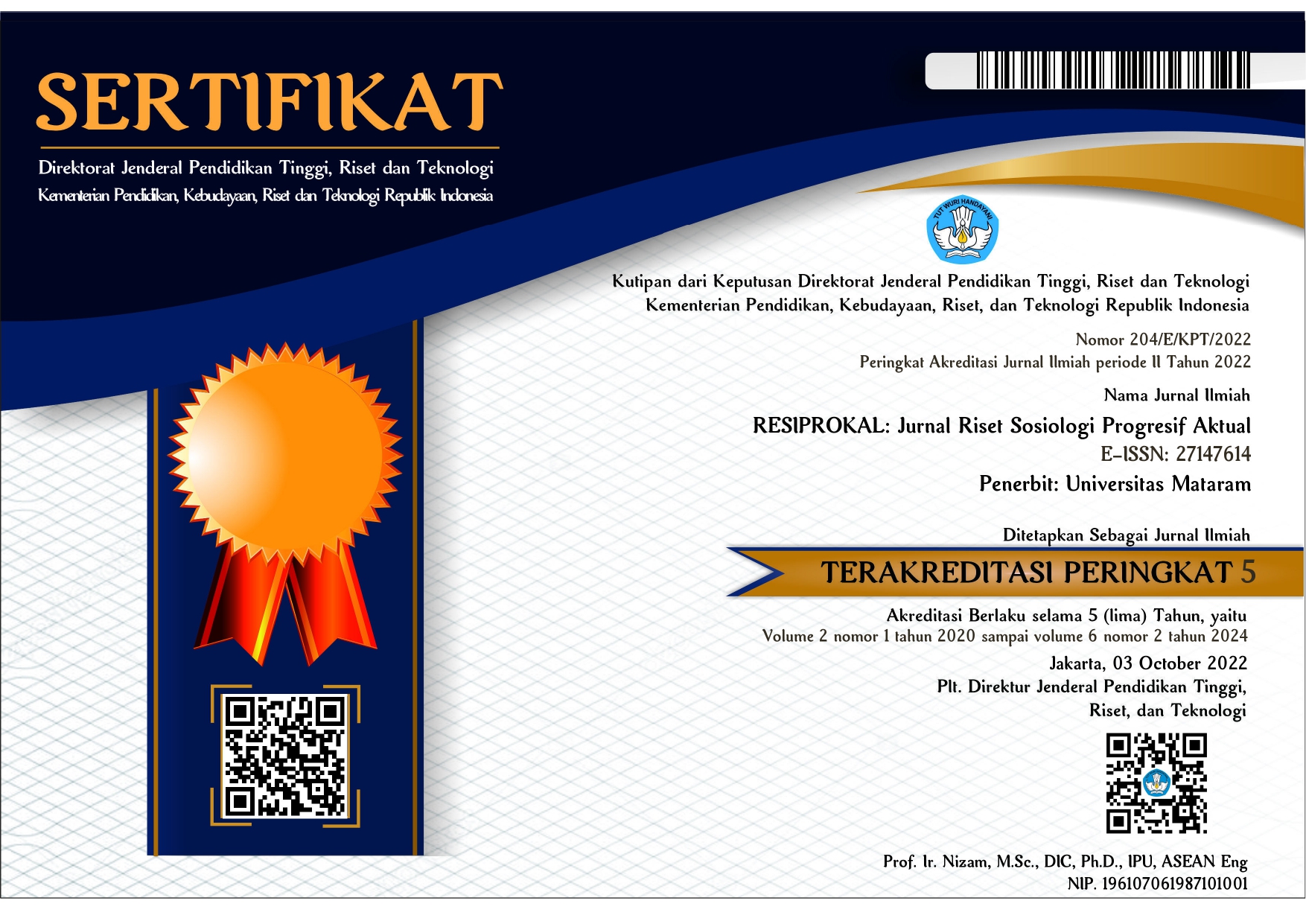qqvictory
qqvictory pgs5000
slot gacor
toto hk
slot gacor pasti maxwin
slot depo 5k
Hoki88resmi
slot88
slot gacor
DEWAGAME
Slot Online
slot online
slot88
slot
Pola Rtp
Pola Rtp
Pola Rtp
jetourangola.com
resiprokal.unram.ac.id/index.php/RESIPROKAL/
mahjong
mahjong
mahjong
mahjong
mahjong
mahjong
mahjong
mahjong
mahjong
mahjong
mahjong
mahjong
mahjong
mahjong
mahjong
mahjong
mahjong
mahjong
mahjong
mahjong
mahjong
mahjong
mahjong
mahjong
mahjong
mahjong
mahjong
mahjong
mahjong
mahjong
mahjong
mahjong
mahjong
mahjong
mahjong
mahjong
mahjong
mahjong
mahjong
mahjong
mahjong
mahjong
mahjong
mahjong
mahjong
mahjong
mahjong
mahjong
mahjong
mahjong
mahjong
mahjong
mahjong
mahjong
mahjong
mahjong
mahjong
mahjong
mahjong
mahjong
mahjong
mahjong
mahjong
mahjong
mahjong
mahjong
mahjong
mahjong
mahjong
mahjong
mahjong
mahjong
mahjong
mahjong
mahjong
mahjong
mahjong
mahjong
mahjong
mahjong
mahjong
mahjong
mahjong
mahjong
mahjong
mahjong
mahjong
mahjong
mahjong
mahjong
mahjong
mahjong
mahjong
mahjong
mahjong
mahjong
mahjong
mahjong
mahjong
mahjong
mahjong
mahjong
mahjong
mahjong
mahjong
mahjong
mahjong
mahjong
mahjong
mahjong
pola akurat
pola akurat
pola akurat
pola akurat
pola akurat
pola akurat
pola akurat
pola akurat
pola akurat
pola akurat
pola akurat
pola akurat
pola akurat
pola akurat
pola akurat
pola akurat
pola akurat
pola akurat
pola akurat
pola akurat
pola akurat
pola akurat
pola akurat
nona123
pola akurat
pola akurat
pola akurat
pola akurat
pola akurat
pola akurat
pola akurat
pola akurat
pola akurat
pola akurat
pola akurat
pola akurat
pola akurat
pola akurat
pola akurat
pola akurat
pola akurat
pola akurat
pola akurat
pola akurat
pola akurat
pola akurat
pola akurat
pola akurat
pola akurat
pola akurat
pola akurat








